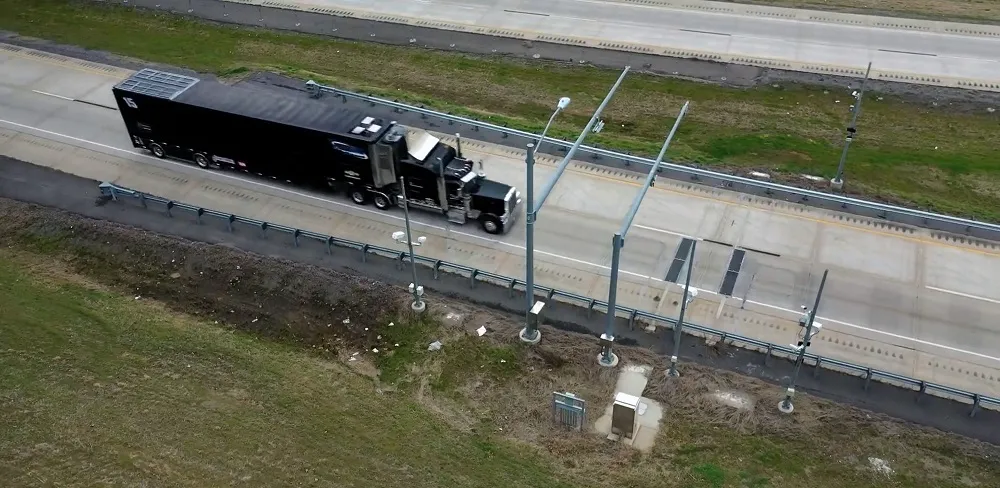A week-long police safety operation across Europe has led to the removal from the road of some 4,400 trucks for dangerous defects. The action followed checks of more than 137,000 trucks across 26 countries on 10-16 February. Co-ordinated by TISPOL, the European Traffic Police Network, the operation saw police carrying out a wide range of safety inspections that focused on speeding, alcohol, drugs, seatbelt use, tachograph infringements, excess weight, dangerous loading and document offences.
A total of
April 9, 2014
Read time: 2 mins
A week-long police safety operation across Europe has led to the removal from the road of some 4,400 trucks for dangerous defects. The action followed checks of more than 137,000 trucks across 26 countries on 10-16 February. Co-ordinated by 650 TISPOL, the European Traffic Police Network, the operation saw police carrying out a wide range of safety inspections that focused on speeding, alcohol, drugs, seatbelt use, tachograph infringements, excess weight, dangerous loading and document offences.
A total of 51,187 offences were detected, including: 379 drivers for alcohol and drug offences; 9,269 offences of exceeding the speed limit; 8,102 instances of drivers exceeding their maximum permitted time at the wheel; 2,391 overweight trucks and 1,146 insecure loads. Of the 4,400 trucks prohibited from continuing their journeys, most were because of technical defects on the vehicles.
Stopping drivers also provides police officers with the opportunity to make other appropriate safety and security checks. For example, during the week of this truck safety operation, officers also detected and dealt with offences connected with irregular immigration and human trafficking (13), possession of drugs (25), firearms (2), stolen goods (9) and other crimes (243).
TISPOL director Pasi Kemppainen said: “TISPOL is committed to safer, more secure roads across Europe. We know that the vast majority of truck drivers and operators take a pride in the quality and safety of their work, and we strive to support them. We find they value the work we do, and co-operation with them at the roadside is generally excellent.
“However, there remains a proportion of less scrupulous operators, who put profits first and who will cut safety corners in the process. It is against these that our efforts are focused. We are also working to ensure a more consistent enforcement of current laws governing large goods vehicle safety.”
A total of 51,187 offences were detected, including: 379 drivers for alcohol and drug offences; 9,269 offences of exceeding the speed limit; 8,102 instances of drivers exceeding their maximum permitted time at the wheel; 2,391 overweight trucks and 1,146 insecure loads. Of the 4,400 trucks prohibited from continuing their journeys, most were because of technical defects on the vehicles.
Stopping drivers also provides police officers with the opportunity to make other appropriate safety and security checks. For example, during the week of this truck safety operation, officers also detected and dealt with offences connected with irregular immigration and human trafficking (13), possession of drugs (25), firearms (2), stolen goods (9) and other crimes (243).
TISPOL director Pasi Kemppainen said: “TISPOL is committed to safer, more secure roads across Europe. We know that the vast majority of truck drivers and operators take a pride in the quality and safety of their work, and we strive to support them. We find they value the work we do, and co-operation with them at the roadside is generally excellent.
“However, there remains a proportion of less scrupulous operators, who put profits first and who will cut safety corners in the process. It is against these that our efforts are focused. We are also working to ensure a more consistent enforcement of current laws governing large goods vehicle safety.”









